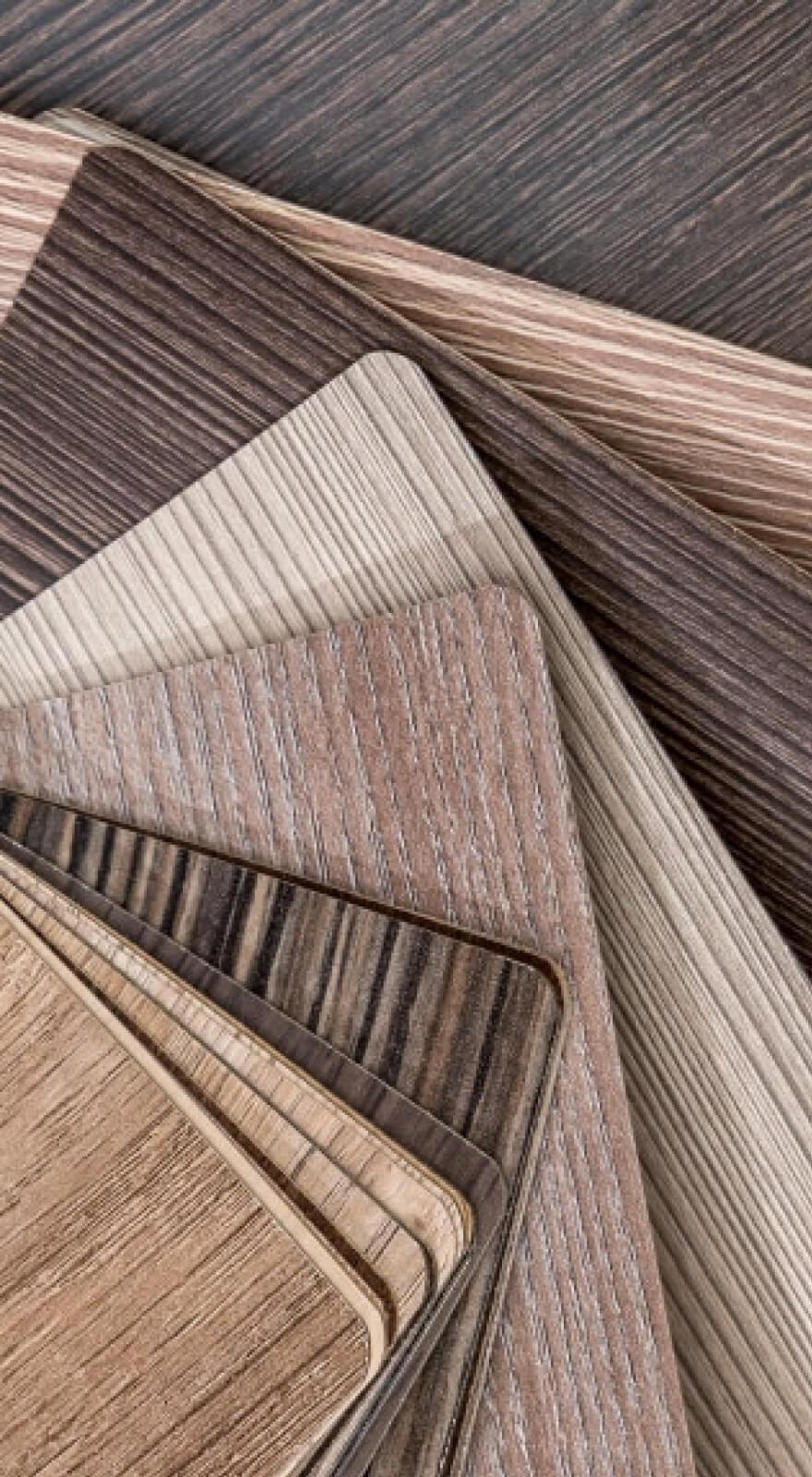Knowde Enhanced TDS
Identification & Functionality
- Chemical Family
- CASE Ingredients Functions
- Technologies
- Product Families
Features & Benefits
- Labeling Claims
Applications & Uses
- Applications
- Application Method
- Cure Method
- Coating Type
- Suggested Applications
Formulated UV/EB curable products containing EBECRYL® 8405 may be applied via direct or reverse roll, offset gravure, metering rod, slot die, knife over roll, airknife, curtain, immersion and spin coating methods, as well as screen printing.
EBECRYL® 8405 is recommended for use in:- Automotive OEM or Re-finish
- Coatings for wood and plastic requiring excellent exterior durability
- Metal coatings
- Post-formable coatings for metal tube and conduit
- Optical coatings
- Non-yellowing topcoats for wood
- Pigmented coatings for wood
- Screen inks
- Exterior durable coatings
Properties
- Physical Form
- Appearance
- Clear liquid
- Physical Properties
- Typical Properties
- Cured Properties
| Value | Units | Test Method / Conditions | |
| Functionality (Theoretical) | 4 | — | — |
| Density (25°C) | 1.13 | g/ml | — |
| HDDA Content | 20 | % wt | — |
| Oligomer | 80 | % wt | — |
| Viscosity (60°C) | 4500 | cP/mPa·s | — |
| Value | Units | Test Method / Conditions | |
| Color | max. 2 | Gardner | — |
| NCO Content | max. 0.2 | % | — |
| Value | Units | Test Method / Conditions | |
| Glass Transition Temperature | 30 | °C | — |
| Tensile Strength | 3900 (27) | psi (MPa) | — |
| Young's Modulus | 92000 (634) | psi (MPa) | — |
| Elongation at Break | 25 | % | — |
Packaging & Availability
- Country Availability
- Regional Availability





